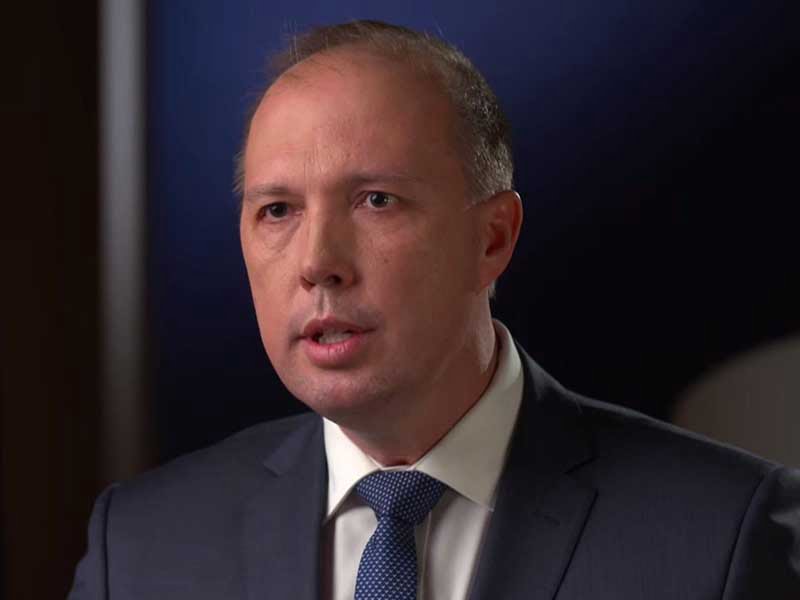A long-overdue review into identity security has finally been handed to government, just as the Coalition recommits to its controversial facial recognition legislation.
The Department of Home Affairs launched a review of the national arrangements for the protection and management of identity information in October last year, with plans to update the National Identity Security Strategy.
The final report was meant to be handed to government in November last year, but was more than six months delayed and is still yet to be released publicly.

A Home Affairs spokesperson confirmed the government has now received the report.
“The review report is being considered by the Department of Home Affairs. Identity crime continues to be one of the most common crimes in Australia, with an annual cost of more than $2 billion,” the spokesperson told InnovationAus.com.
“The Australian government is committed to protecting Australians from identity crime and to making it easier for people to verify their identities when accessing government and other services
“The Australian government is equally committed to ensuring this is done in ways that maintain people’s privacy. This is why it commissioned an independent review of national arrangements protecting and managing identity information.”
The review was led by former secretary to the Attorney-General’s department Roger Wilkins, who was tasked with determining “ways to enhance or strengthen arrangements that support and govern the protection and management of identity information”.
The government is yet to release the report, and also hasn’t publicly released any of the submissions to the inquiry.
The review is meant to shape a new iteration of the National Identity Security Strategy, an agreement between the Commonwealth and the state and territory governments signed in 2007. The agreement underscores the idea that the protection of a person’s identity is a key concern and right for all Australians.
But it became clear the agreement needed an update in light of the Coalition’s focus on digital identity and facial recognition technologies.
The review was also tasked with looking at how effective the current identity arrangements are, and what needs to be done to better protect from identity theft, minimise the impacts of identity crime and better target government services in ways that “respect and promote people’s privacy”.
It comes as the federal government reaffirmed its commitment to pursue its controversial facial recognition and biometrics scheme. The plan to incorporate state government drivers’ licence photos in a large facial recognition database to be used by law enforcement agencies was first revealed in late 2017.
A COAG agreement was signed in October that year, but legislation paving the way for the creation of the $20 million National Facial Biometric Matching Capability lapsed upon the May election this year.
But the Coalition is standing by the controversial plan, reintroducing the necessary pieces of legislation to Parliament last month.
A Parliamentary Joint Committee on Intelligence and Security has also re-launched its inquiry into the Identity-matching Services Bill 2019 and Australian Passports Amendment (Identity-matching Services) Bill 2019.
Submissions to the inquiry close on 6 September.
“The imperative for this legislation is just as strong as it was when the bill was first introduced into the previous Parliament in February 2018,” minister for immigration David Coleman said in Parliament.
Digital rights advocates have branded the dramatic expansion of the government’s facial recognition capability as a “massive privacy overreach”, with concerns over security risks surrounding the large database and the implications on the privacy of innocent Australians.
Do you know more? Contact James Riley via Email.

